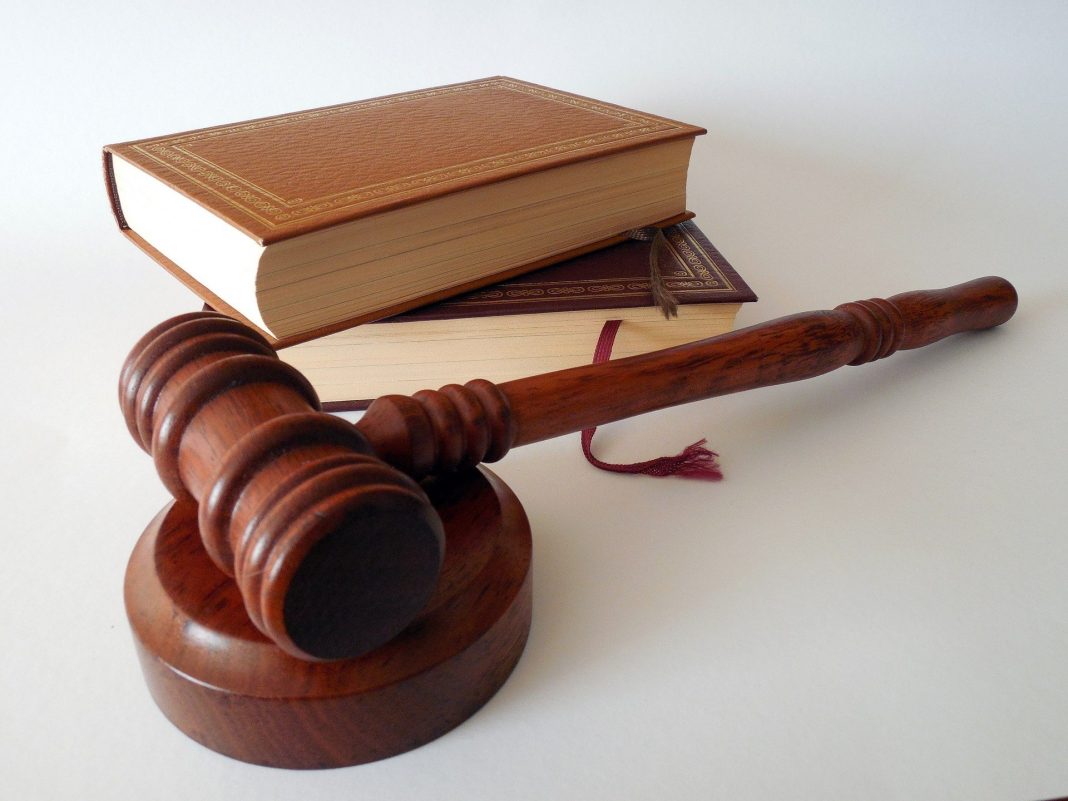Indonesia has long been an active participant of the environmental policy formation and promotion. Ever since 1970, as Dr Emil Salim appointed as the Vice Chairperson of National Development Planning Agency, he has taken an appropriate step to pursued the coexistence of the environment and development. This major steps are continuously grow in line with the evolution of sustainable development concept in global context. But how does this concept manifest in present-day? Is ecological development still noted as reference in current build out?
Elements building the ecological development
It is undeniable that development affects and is influenced by environment. These two components in fact are inter-related in order for development to be sustain and to improve the quality of environment. Therefore, Soemarwoto, Indonesian well known botanist, defines ecological development as a science that studies the interaction between development and living environment that creates ecosystem. Humans however, as the subject and object of development are part of the ecosystem and plays a major part in ecological development.
To simplify, there are at least two major actors in escorting the development of one state. First is the government and businessman as the executor of development and second is scholars, which includes academicians, non-Governmental Organization, and also media. Each actors plays an important role, while the first one set an objectives and calculating the benefit from the development, the other one monitoring and assessing risk comprehensively in order to oversee the designed development. In achieving the ideal concept of development which is to achieve prosperity of the people without damaging the environment, legal politics in one country must be able to realize the balance of these two elements in order to function proportionally.
Towards Success: Policy Development in Indonesia
One way to implement the balance of the two actors are through an effective and accommodative legislation. Yet, in just a span of three years, there has been a number of legislation that significantly deteriorated the balance of ecological development and potentially damaging the environment in Indonesia. First is the Presidential Regulation Number 13 of 2017 that enables National Strategic Projects to violate the regional spatial plan, whereas the formation of a regional spatial plan takes carrying capacity of the environment into account.
After that presidential regulation number 24 of 2018 known as PP OSS which weakens the Environmental Impact Assessment (EIA) position from the terms of license issuance to fulfillment of commitments that can be done after the issuance of business license. Hence, environmental assessment is positioned as a barrier to development and is slowly being weakened. This weakening measure for environmental safeguards was later affirmed by the issuance of Law number 11 of 2020 on the Job Creation Bill that degrade environmental permits into environmental agreements only as a condition for business licensing. Moreover, regarding the drafting of EIA, there is a significant restriction on the extent to which people can participate in EIA making process.
The job creation bill limits the scope of participation to be limited to those directly affected as well as eliminating community elements in the EIA review commission. So back to the provisions regarding actors in escorting state development, this legislation intends to weakens the position of the second actor in implementing their functions. It is then safe to say that the “success” measured in the development in Indonesia is to achieve the maximum possible economic benefit for business actors and capital owners.
Re-evaluating the Ecological Development in Indonesia in the Era of Anthropocene
It is a common knowledge that anything that superfluous would not be good, so does power. In the study of Anthropocene, we may conclude that the root cause of environmental damage is when humans see themselves as the center of the universal system, so that humans and their interest are considered the most decisive in the order of the ecosystem. Therefore, nature is only seen as an object, tool and means for the fulfillment of human needs and interest. This point of view was then globally shifted along with the initiation of the sustainable development concept promoted by United Nations.
Indonesia, however, these past three years slowly negating this concept objective through systematic efforts to weaken environmental safeguards in a series of legislation. The existing legislation tends to reinforce anthropocentrism’s and systemically destroys the equilibrium of ecological development and biasing towards business actors and capital owners only. When in fact those are parties who often sacrifice the environment to fulfill their needs to achieve their goals. Consequently, they are the one with the highest possibilities on damaging the environment with all the interest and political pressure.
Concrete steps to get our government to be back on track and implement an environmentally friendly development in order to achieve balance of ecological development and break the concept of development which solely leads to economic aspects is an urgency in current state. All legislation and legal politics in Indonesia has to achieve the balance function and proportion of the initiator, executor and supervisor of the development enacted. This balance situation is a fundamental basis to achieve the sustainable development goals and eventually change the paradigm of anthropocentrism, which previously placed the superiority of human position to seemingly be in power to use nature and everything in it arbitrarily, to become the party responsible for maintaining the integrity of the universe and the balance of ecosystem.

